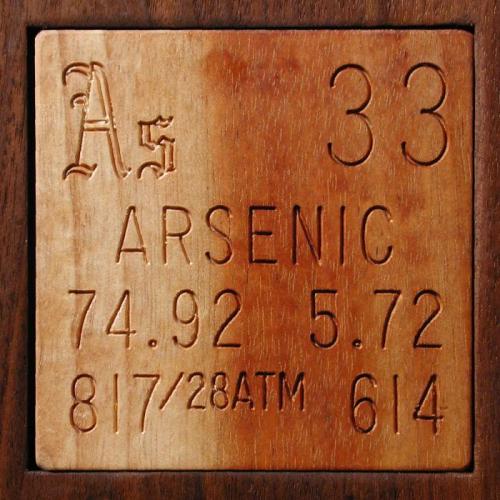  Paris Green pigment/poison. Paris Green pigment/poison.
From wikipedia-so-you-know-it-must-be-right:Paris Green is a common name for copper(II) acetoarsenite, or C.I. Pigment Green 21, an extremely toxic blue green chemical with four main uses: pigment, animal poison (mostly rodenticide), insecticide, and blue colorant for fireworks.
Other names for the chemical are Emerald Green, Parrot Green, Schweinfurt Green, Imperial Green, Vienna Green, and Mitis Green. It is almost never called Paris Green when referencing its use as a pigment. Since the use of Emerald Green as a pigment has been abandoned (around 1960), if one comes across the chemical today it is usually referred to as Paris Green. And indeed I did find it referenced as Paris Green even though this example is sold by the ACME Quality Paints company, indicating that they at least used to think of it as a pigment. If you look at the 360 degree rotations of this sample you can read the stern warnings and antidote suggestions on the back and sides.
They describe it as an insecticide, but I'm more interested in its use as a pigment because of the fascinating relationship this and related arsenic-based pigment compounds have to the notion that dry sunny climates are healthier than damp English weather. Huh?
For a period during the 1800's green arsenic pigments were popular in wallpaper, including patterns by the extremely popular William Morris. Problem is, when the air is damp, mold can grow on the wallpaper and convert the arsenic into arsene gas, which slowly poisons anyone in the room. People noticed that they tended to get weak and sickly during the damp winter months, and if they moved to a drier climate they got better quickly. Ergo, damp weather is bad for you, vacationing on a sunny island is good for you. It took a hundred years before people realized it was just the wallpaper, and by then the myth of damp being bad for you was firmly established. Homeopathy started the same way around the same time: Doing nothing (i.e. using a homeopathic remedy) was less harmful than many of the common medical treatments of the day, so when you switched from traditional medicine to homeopathy, you tended to get better. And again, by the time people figured out that it was traditional medicine being bad, not homeopathy being good, that accounted for the improvement, it was too late and the myth lives on to this day.
Source: eBay seller shipper39
Contributor: Theodore Gray
Acquired: 27 December, 2008
Text Updated: 29 January, 2009
Price: $86
Size: 3"
Purity: 40%
|
| 
|
|